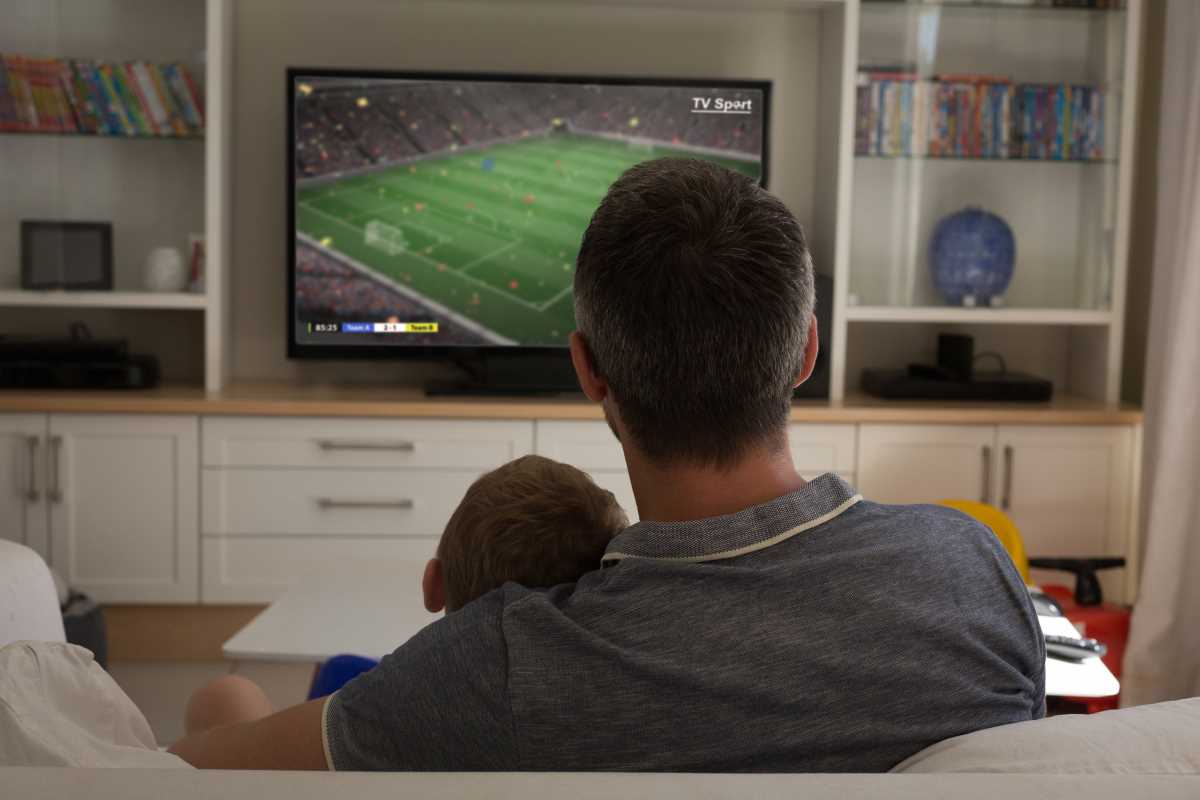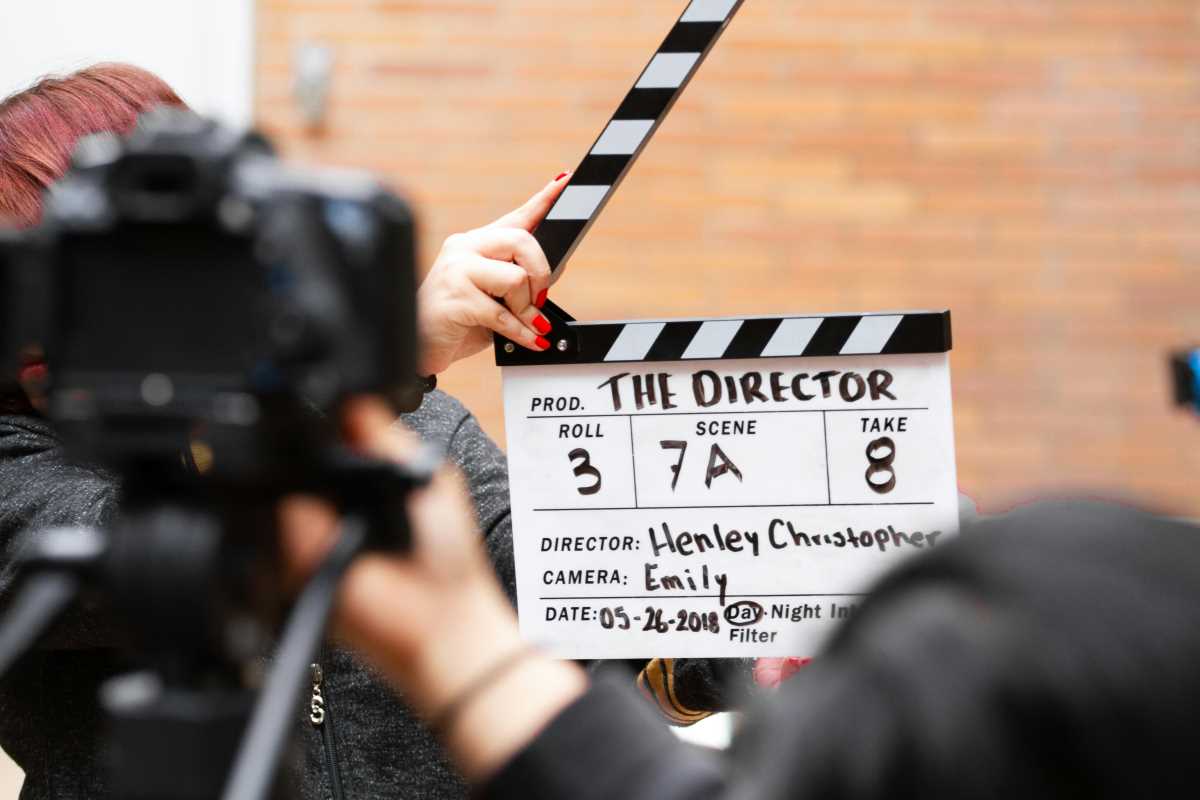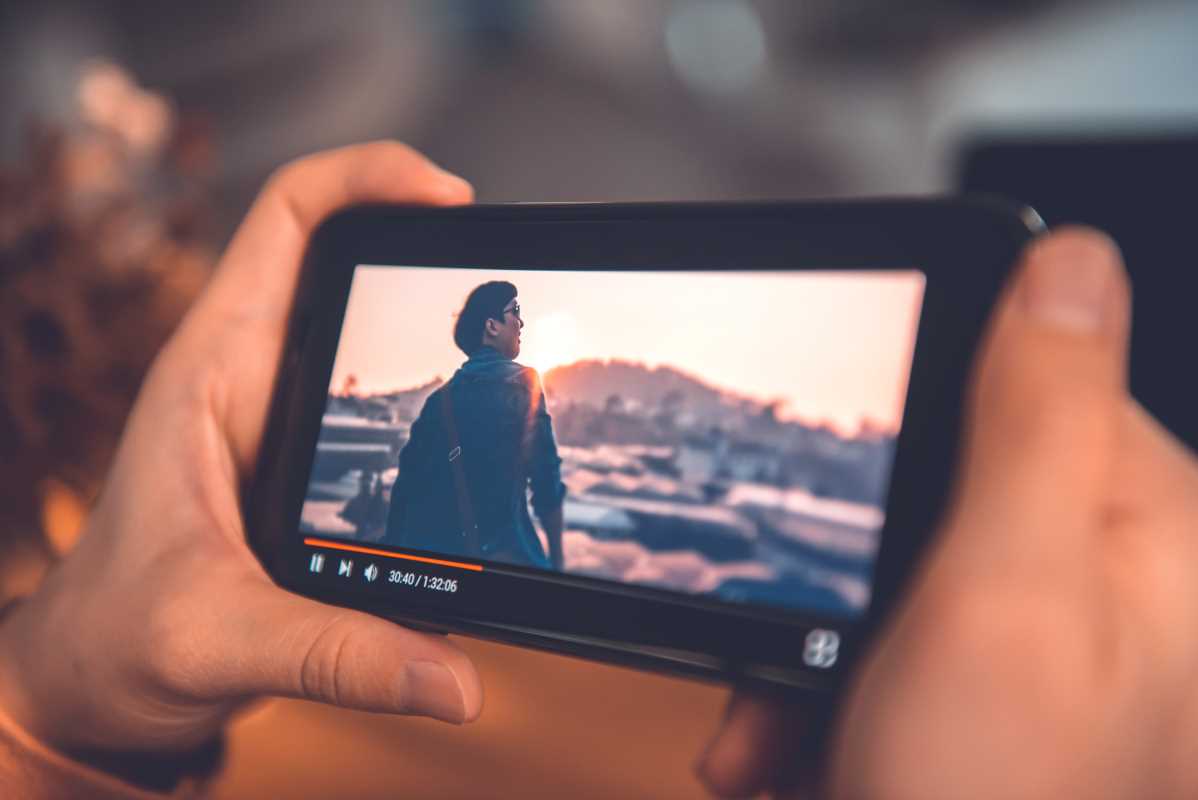Reality TV has captivated audiences worldwide, offering a seemingly unscripted glimpse into the lives of others, competitive endeavors, and dramatic personal journeys. While it often appears spontaneous and raw, the truth behind the scenes can be as orchestrated as any scripted show. From the editing tricks to the psychological toll on participants, the world of reality TV has numerous layers that viewers seldom see. Here’s a look at some of the most surprising aspects of this wildly popular entertainment genre.
The Power of Editing
Editing is a pivotal tool in reality television, capable of transforming hours of mundane footage into gripping narratives. Producers often use selective editing to craft storylines, highlight conflicts, or portray characters in particular lights. This manipulation can significantly affect the public's perception of contestants, creating villains and heroes out of ordinary people based on how their actions and words are pieced together.
Additionally, "Frankenbiting," a technique where sound bites are spliced together, can make contestants appear to say things they never actually said, further bending reality to fit the desired plot.
Scripted Reality
While touted as real-life events, many reality shows have a level of scripting involved. Producers might not write exact scripts, but they often set up scenarios and guide conversations to ensure they get the dramatic footage the audience expects. Participants might be asked to redo certain actions or reactions to capture a more compelling version, blurring the lines between reality and manufactured entertainment.
This scripting can lead to misleading representations that influence viewer perceptions and participant reputations, raising questions about authenticity in reality programming.
Participant Contracts
Reality TV participants often sign extensive and restrictive contracts that can dictate their actions both during and after filming. These contracts may prevent them from revealing show secrets, speaking negatively about the production, or engaging in certain activities that could affect the show’s brand. Such agreements can also give producers the right to portray participants in any light they choose, without recourse.
Moreover, the fine print can sometimes include clauses that do not allow contestants to sue the production company if they are injured during filming, which puts participants in a precarious position.
Psychological Impact
Participating in a reality show can have lasting psychological effects on contestants. The combination of isolation from the outside world, constant surveillance, and the pressure to engage audiences can lead to significant stress and anxiety. Some participants experience long-term effects, such as depression or anxiety, after returning to their normal lives, especially if they receive negative public attention.
Counseling and psychological support are sometimes provided during filming, but the need for comprehensive mental health care post-show is becoming increasingly apparent as former participants speak out about their struggles.
Reality Stars' Paychecks
Contrary to popular belief, not all reality TV stars earn hefty paychecks. While key figures in long-running series or breakout stars might secure substantial sums, many participants receive minimal compensation. The allure of fame and potential future opportunities often persuade individuals to accept lower pay for their participation, which might not always lead to the lucrative careers they hope for.
For some shows, especially competitive ones, participants might only receive stipends to cover basic expenses during filming.
Impact on Relationships
Reality TV can put immense strain on personal relationships. Participants' interactions with each other are often influenced by the competitive nature of the shows and the presence of cameras, which can lead to conflicts that do not occur in normal settings. Relationships outside the show can also suffer as partners or family members deal with the public scrutiny that comes with television exposure.
This environment can test relationships in ways that participants might not be prepared for, leading to breakups and estrangements both on and off the screen.
The Set is a Bubble
Reality TV often creates a controlled environment, isolating participants from the outside world to increase the show’s control over their experiences. This isolation can include limited access to personal devices, restricted communication with family and friends, and curated information about the outside world, all designed to enhance the show’s influence on participants’ behavior and emotions.
This bubble can lead to an intense and often unreal environment that heightens emotions and reactions, which are key ingredients for compelling television but can feel disorienting for those involved.
Viewer Manipulation
Reality shows are designed to manipulate viewer perceptions and emotions to maintain high ratings. Techniques such as strategic music cues, suspenseful editing, and misleading previews are used to create anticipation and engagement. While effective for entertainment, these tactics can distort the audience’s understanding of the events being portrayed, leading to misconceptions about the characters and situations depicted.
Understanding these behind-the-scenes dynamics of reality TV can provide viewers with a more nuanced perspective on the content they consume, reminding them that what they see is not always an accurate reflection of reality. Instead, it is a carefully crafted narrative designed to entertain.


.jpeg)




